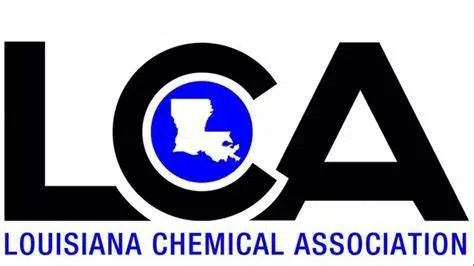
In addition to having dire consequences for the country, a potential rail strike next month could also severely impact the state’s chemical industry. Greg Bowser President of the Louisiana Chemical Association if trains aren’t transporting chemicals like chlorine, it could have serious repercussions.
“It could impact water treatment facilities because a number of our companies make chlorine that you use to purify water and those shipments will be at a standstill,” said Bowser.
And it’s not just water systems, Bowser said the state’s agriculture industry could be affected by a rail strike because if they aren’t able to receive fertilizer that in turn will impact the nation’s food supply.
“When you start talking about crop protection and fertilizers and things that you need to grow crops, you could have an issue on your food supply as well,” said Bowser.
And because Louisiana is one of the country’s largest chemical producers, Bowser said a rail strike could hurt the state’s economy. He said the chemical industry produces $52 billion in revenue each year.
“Not only you can’t get the chlorine you need to clean your drinking water, but you also can’t get the stuff you need to take care of your crops to provide the food, but now you start talking about people losing jobs,” said Bowser.
Bowser is hopeful Congress will intervene so a rail strike can be avoided altogether.







Comments